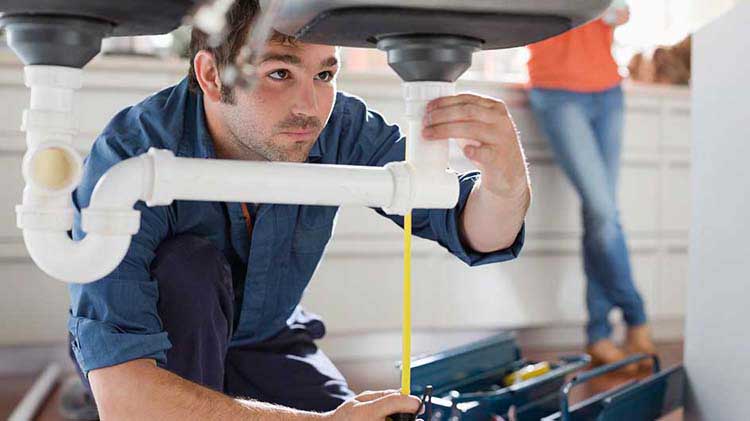Six Home Items You Should Inspect Now

Home ownership is a big responsibility! Sure, you have the financial responsibilities, but what about maintenance? Letting your house just sit and be a shelter for you is not going to work, even if you live in a newly constructed home. It is up to you to keep it in tip-top shape! Take a day to go over these items to make certain all is well at your house:
-
Roof: Your roof is probably your home’s most important part of its structure, so inspect it well: take binoculars or use your phone’s camera to zoom in on the roof and look at every aspect. Check for damaged, missing, or curling shingles. For a tile roof, look for cracks or missing tiles, and metal roofs should be gone over for loose screws or damage to the metal. On a rainy day, go into the attic and check for leaks. Have any issues repaired as soon as you possibly can.
-
Foundation: The other important side of your home is its foundation. Check for cracks in the bricks, look at the grading around the outside (making sure water is running away from your home), and check for gaps in the outdoor walls and windows. On the inside, look for sagging floors or bowing walls, doors that do not want to close or windows that do not want to open. These are all signs of possible foundation issues.
-
Siding: Look for peeling, blistering, or fading paint, as these may be signs that you need new siding. Check for rot and warping on the soffits and any fascia boards. Visible mold can be a sign of a major moisture issue and should be investigated by a pro.
-
Plumbing: Grab a flashlight and go under your sinks and look for any signs of leaking. Toilets can leak “silently,” and you can figure out where the leak is coming from with a little food coloring and time. Inspect around the water heater for any signs of leaks as well.
-
Smoke/CO Detectors: If you have battery-operated detectors, checking the batteries is fine, but you need to be sure they are working as well. CO detector kits are available at most home stores and testing a smoke alarm is as simple as blowing out a candle and allowing the stream of smoke drift towards the smoke alarm. Be sure to let everyone in the house know you are “crisis testing” the alarms!
-
Gutters: On a rainy day, or using the water hose, check to be sure gutters and downspouts are running freely (no clogs), and have no leaks around the seams.
Taking the time to look carefully at possible problems in your house can save you time and money down the road, especially if you plan on reselling the house in the future. You are protecting your investment and protecting your family as well.
Courtesy of New Castle County DE Realtors Tucker Robbins and Carol Arnott Robbins.
Photo credit: State Farm





